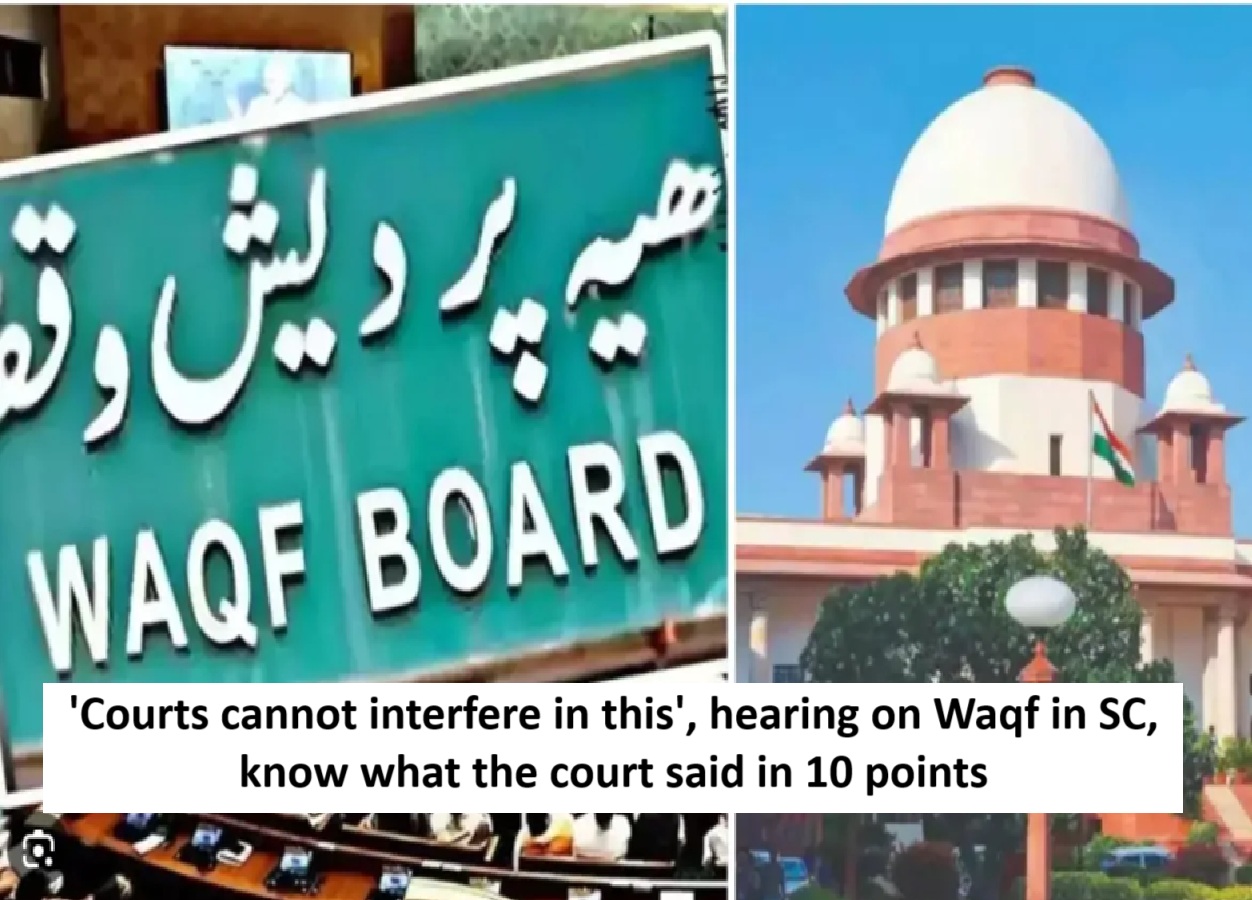
News Topical, Digital Desk : Chief Justice of India BR Gavai on Tuesday said laws passed by Parliament are presumed constitutional and courts cannot interfere unless there is a clear and serious problem. He made the remarks while hearing petitions against the Wakf Amendment Act. A bench of Chief Justice BR Gavai and Justice AG Masih of the Supreme Court was hearing on Tuesday, May 20, petitions challenging the Wakf Amendment Act, which was passed into law last month. The Centre urged the Supreme Court to pass an interim order restricting the hearing on petitions challenging the validity of the Wakf (Amendment) Act to three issues, including the boards' right to de-notify wakf properties declared by the court, user and deed. Senior advocates Kapil Sibal and Abhishek Singhvi, appearing for petitioners challenging the constitutionality of the Wakf (Amendment) Act, opposed the Centre's argument and said important legislation cannot be heard in a piecemeal manner. When Kapil Sibal reiterated in the court that the purpose of the law was to confiscate waqf properties, Chief Justice Gavai responded, "There is a presumption of constitutionality in a law passed by Parliament. Unless a clear case is made out, courts cannot interfere, especially in the present scenario, we need not say anything more than this." CJI asked- Was registration required in the earlier law? Sibal said- Yes.. it was said that it will be registered. CJI asked- As an information, we are asking whether the provision of registration of Waqf properties under the old law was mandatory or was it just an instruction to do so? Kapil Sibal said- The word 'Shall' was used in the old Acts. CJI said- Registration cannot be made mandatory just by the use of the word 'Shall'.
Read More: 'They go to heaven but don't return home...' Congress MP posts emotional post on Khamenei's death
--Advertisement--

 Share
Share



